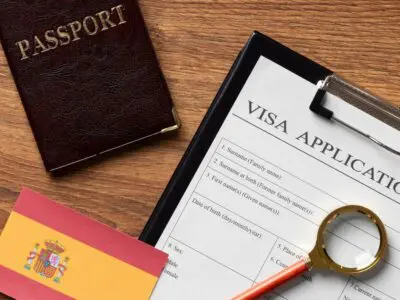
In a significant legal development, Maryland’s stringent gun licensing law, implemented in the aftermath of the tragic Sandy Hook shooting, has been struck down by an appeals court. The law, which aimed to enhance gun control measures, has been at the center of a contentious legal battle, with advocates and opponents passionately debating its implications for public safety and individual rights.
The legislation, enacted in the wake of the 2012 Sandy Hook Elementary School shooting in Connecticut, imposed rigorous requirements for obtaining a gun license in Maryland. Applicants were required to undergo fingerprinting, complete a comprehensive background check, and participate in mandatory firearm safety training. Proponents argued that such measures were crucial for preventing gun violence and ensuring responsible gun ownership.
However, opponents of the law, including gun rights advocacy groups, contended that it imposed undue burdens on law-abiding citizens, infringing upon their Second Amendment rights. The recent ruling by the appeals court supports this perspective, deeming the law unconstitutional and marking a significant victory for those challenging what they perceive as government overreach.
The court’s decision cited concerns about the law’s impact on law-abiding citizens’ ability to exercise their right to bear arms for self-defense. While recognizing the importance of addressing public safety concerns, the court found that the strict requirements imposed by the law went beyond what was reasonably necessary, creating an unjustifiable barrier to the lawful acquisition of firearms.
The overturning of Maryland’s gun licensing law is likely to reignite debates on the delicate balance between public safety and individual freedoms. As the legal landscape surrounding gun control continues to evolve, the decision will undoubtedly have broader implications, not only for Maryland residents but also for the ongoing national discourse on gun rights and regulations.
Read Also:


